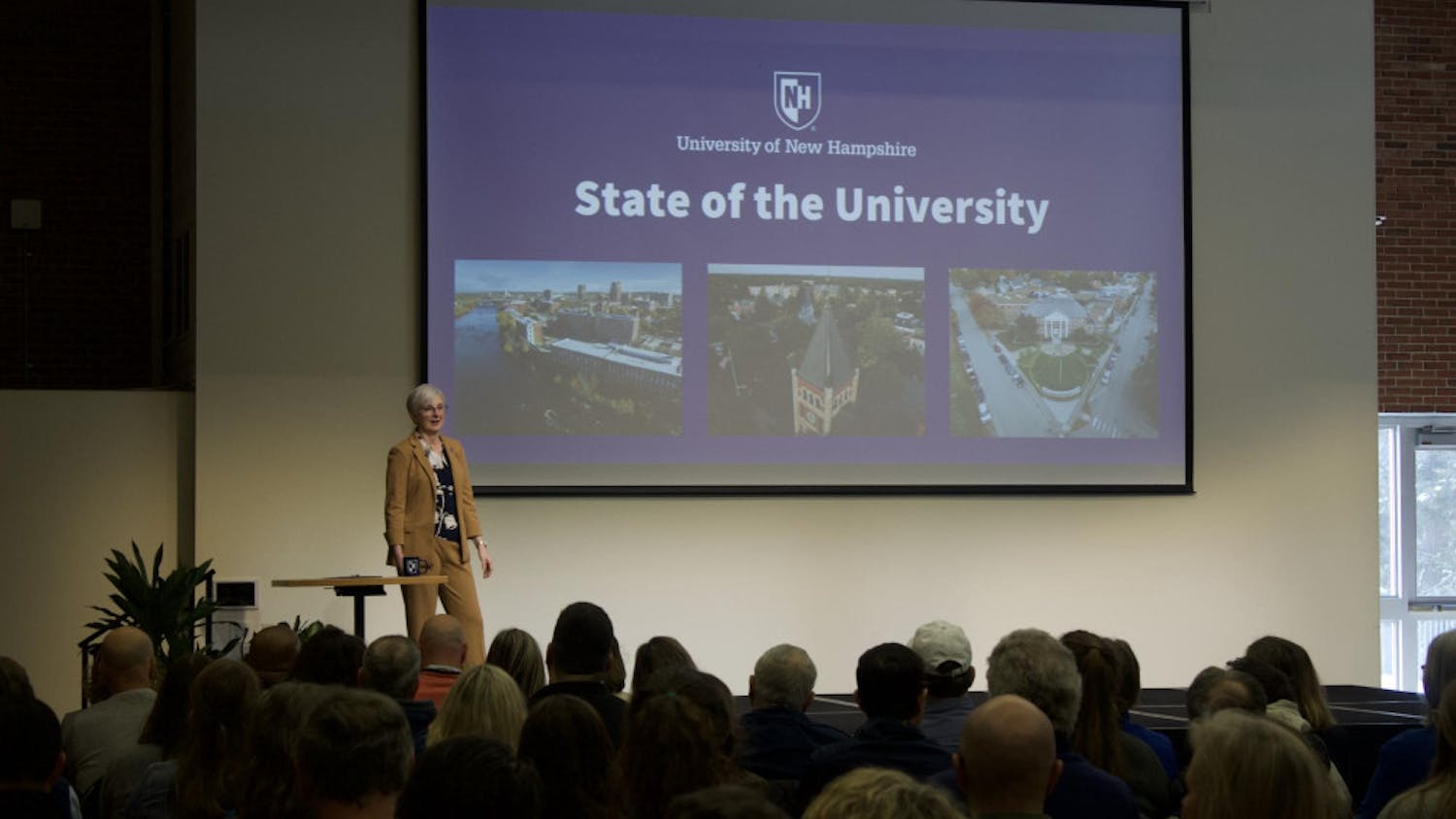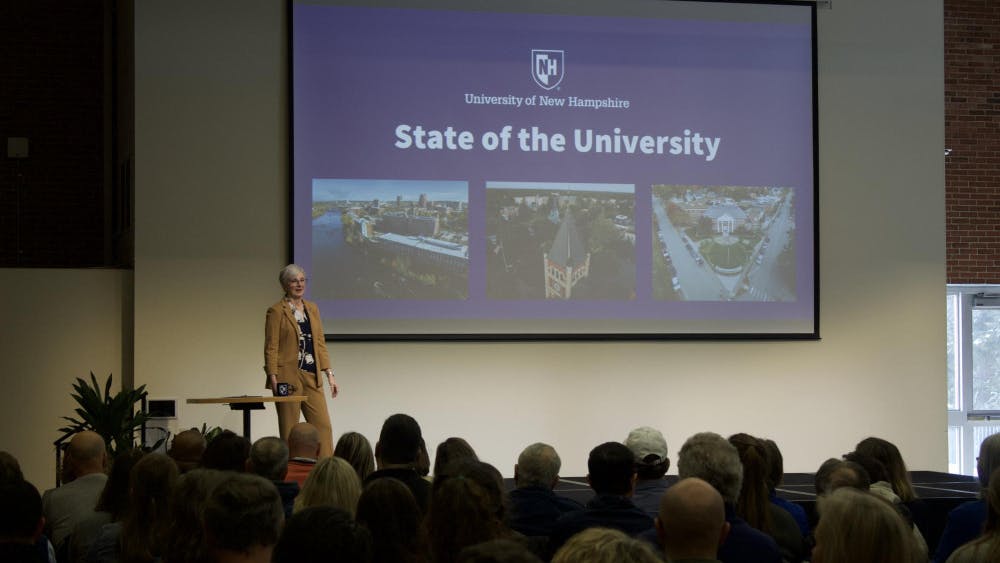Celene Johns-Thomas is tired.
Johns-Thomas was politically active before she was even eligible to vote. In high school, she was a campaign volunteer for Bernie Sanders, and then Hillary Clinton after she won the Democratic nomination during the 2016 election. She spent the primary season last year encouraging voters to participate in state and local elections. However, Johns-Thomas—who is currently taking a gap year from the University of New Hampshire (UNH)—can no longer find the time or the energy for the political process.
“It's sort of upsetting that this has to be my first [presidential] election. If my first presidential election had been in 2016, I could have deluded myself into being excited about Clinton, because back then I had supported Bernie, and then once Bernie went out, I was just Hillary all the way,” said Johns-Thomas. “I’m not going to be happy or proud to vote for Biden, but if I could have voted in 2016, I would have at least happily voted for someone.”
Johns-Thomas is one of millions of Americans who have found themselves “settling” for Biden due to their concerns over another Trump presidency. Sophomore communication sciences and disorders major Madi Gould, who is also “settling” for Biden, expressed how she wished she could base her voting decisions more on policy like she had done in her local elections.
“Before I voted I did a little bit of research, and I tried to align my values with the values of other candidates. It felt kind of weird because when you’re voting in presidential elections, you’re kind of voting based off the person and not their values,” said Gould. “But not as much comes out about local candidates. So, it was nice to be able to actually vote based off of policies and values and ideas, rather than their personality.”
Gould also feels like the media has failed to adequately inform voters about the candidates as the focus is more on fighting between the presidential candidates than their actual policies. UNH Political Science Professor Dante Scala also critiqued the media for becoming more about “show business” than actual reporting.
“When I was watching CNN [on Thursday] the minute after the [presidential] debate was over, I had a sense that the CNN people were just disappointed that it wasn't a disaster, it wasn't a complete meltdown, and that it was actually pretty normal,” said Scala. “Because I think the cable news, in particular, they kind of feed off of crisis and dysfunction and drama.”
However, Scala believes the real problem with the media’s coverage of the election is the lack of focus on areas where the president actually has control. Scala explained that most domestic policy is controlled by the U.S. Congress and, although discussing each candidate’s stances on policy is important, that foreign policy is more relevant to the presidency. He suggests that the current debate style be changed to a simulation. One possible simulation could be putting the candidates into a nuclear crisis with North Korea and see how they react in real time to a developing crisis. Scala believes this would be a better gauge on how candidates would actually perform as president.
Another issue that has plagued this election cycle has been worries over what effect the increased use of absentee ballots due to the coronavirus (COVID-19) pandemic will have on the election results. So far, 87 million absentee ballots have been requested or sent to voters in all 50 states and the District of Columbia, according to the New York Times. New Hampshire has so far received over 200,000 requests for absentee ballots.
Scala believes that it should take days, rather than weeks, for the election results to be finalized. But there are still worries over how the election dragging out will affect the mood of the country due to heavy political polarization.
Scala hopes that there will be positives to come from COVID-19 being tied up with the election season. He pointed to how absentee voting could convince more casual voters to participate in elections and the increased focus on voting rights may persuade Congress to standardize voting laws across the country.
“How easy it is to vote shouldn’t depend on where you live in this country,” said Scala.
Nevertheless, with less than two weeks before the election, UNH community members all expressed a desire for things to return to a state of normality.
“For people who are majorly affected by stuff like this, or at least for me, I know that stuff sucks. I know stuff is bad. I campaigned so hard back in 2016 and I watched firsthand as all my efforts went to nothing,” said Johns-Thomas. “[Waiting for election results] is not going to be something that's going to make me panic or stress, but I’m just tired. I don't want to worry about it anymore.”











